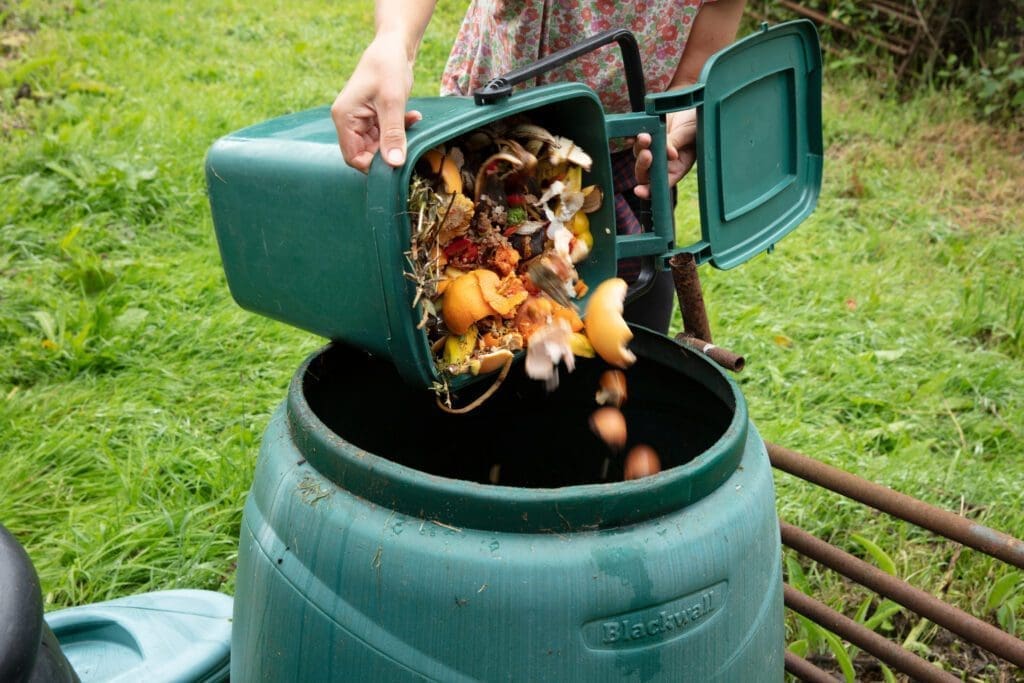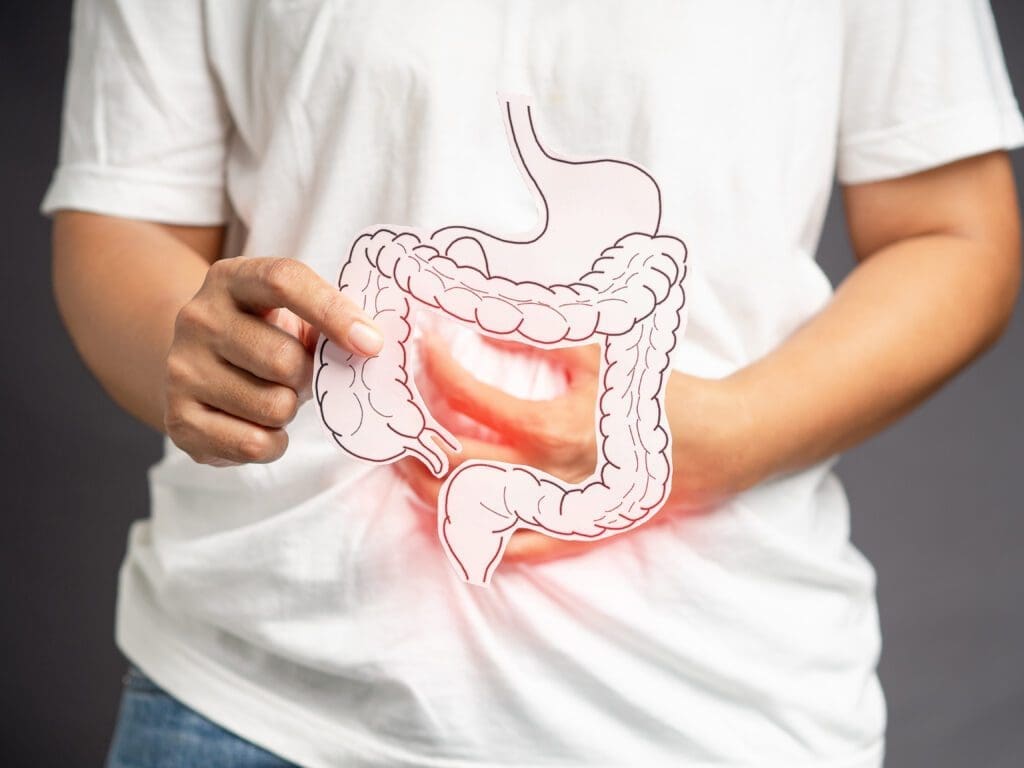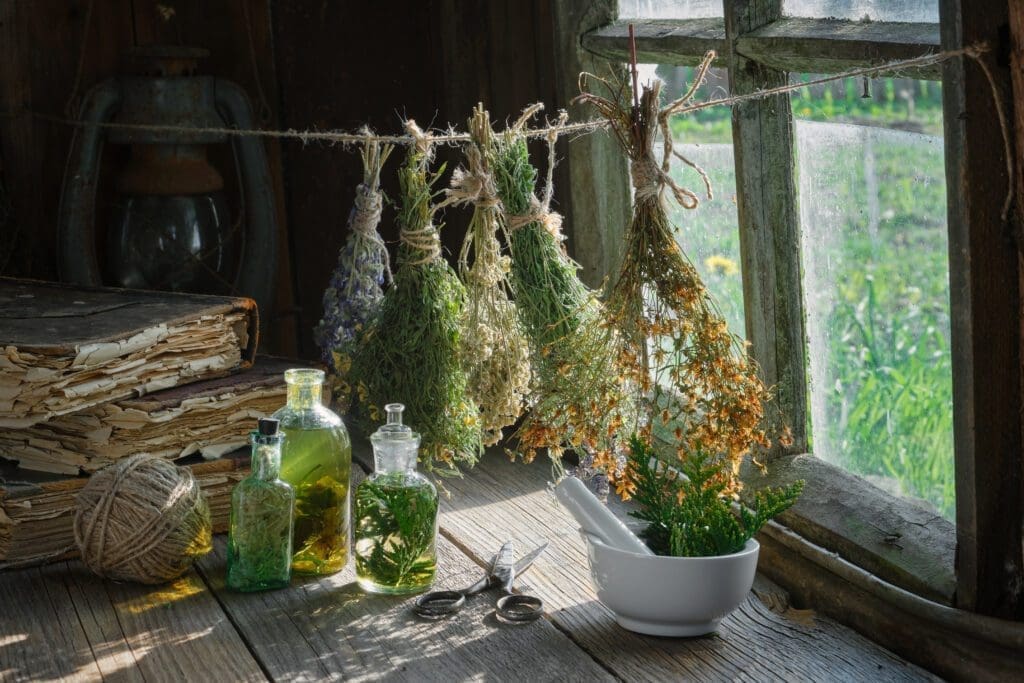One of the best ways to positively impact the environment is by creating organic compost with house hold waste. Not only does composting help reduce landfill contributions, improves soil condition and fertility, enhances the growth of beneficial organisms, and provides an environmentally friendly waste management solution. From understanding the benefits of composting to identifying suitable materials and avoiding common mistakes, we’ve got you covered. Whether you’re a beginner or have some experience with composting, our tips and techniques will help you create nutrient-rich compost for your garden or indoor plants.
Benefits of Organic Compost with House hold waste
Organic compost provides a multitude of benefits for your garden and the environment. Organic compost is vital in nurturing microbes by enriching the soil with essential nutrients and promoting plant growth and health. It also significantly reduces the amount of trash that goes to landfills, making it an eco-friendly waste management solution. Using organic compost with house hold waste eliminates the need for chemical fertilizers, protecting the environment and promoting sustainable gardening practices. Furthermore, organic compost helps retain moisture in the soil, reducing the need for frequent watering. Its contribution to improving soil structure, erosion resistance, and nutrient retention adds value. Using the best compost, egg shells are essential for optimal results.
Improves Soil Condition and Fertility
Organic compost provides numerous benefits for improving the condition and fertility of the soil. Composting, the decomposition of organic materials, produces a nutrient-rich compost that enhances soil structure and promotes healthy plant growth. By enriching the soil with essential nutrients, compost ensures that plants have the necessary resources to thrive. The organic matter in compost makes the soil more porous, enabling better water retention and drainage. This creates an optimal environment for plants to develop robust root systems and access the moisture they require for growth. Moreover, compost stimulates microbial activity in the soil, fostering a healthy ecosystem that supports plant health and reduces the likelihood of plant diseases and pests. By embracing organic compost with house hold waste as a gardening practice, you can promote sustainable and environment-friendly methods while reaping the benefits of healthier soil and increased plant productivity.
Reduces Kitchen Odor and Yard Rubbish
Composting kitchen and yard waste is an easy way to reduce the amount of waste that goes to landfills. Recycling organic compost with house hold waste materials like food, vegetable, and yard rubbish can create nutrient-rich compost that benefits your garden. Additionally, composting helps eliminates the production of gases like methane, which contributes to climate change. By diverting kitchen and yard waste from landfills, you can actively contribute to reducing your carbon footprint and mitigating climate change.
https://www.recyclenow.com/how-to-recycle/how-to-recycle-food-waste
Enhances Soil with Beneficial Organisms
Introducing organic compost with house hold waste into your garden soil can significantly enhance its health by harnessing the power of beneficial organisms. These microscopic organisms, such as bacteria, fungi, and earthworms, work tirelessly to break down organic matter and release vital nutrients into the soil. Integrating organic compost into your gardening practices can create a thriving ecosystem that nurtures optimal plant growth. Beneficial organisms play a pivotal role in improving soil structure and fertility. Their presence creates a loose, crumbly soil texture that allows plant roots to penetrate deeply and access essential nutrients.
Moreover, the microbial activity promoted by these organisms aids in the decomposition of organic matter, releasing nitrogen and other vital nutrients for plant uptake. Additionally, organic compost with house hold waste serves as a moisture-retaining agent in the soil. Its organic components act as a sponge, efficiently capturing and holding sawdust, reducing the need for excessive irrigation and enabling plants to withstand dry spells.
Environmentally Friendly Waste Management
Reducing our environmental impact and promoting sustainability are essential goals for a greener future. One practical and eco-friendly approach to waste management is composting, mainly organic compost with house hold waste. By diverting kitchen and yard waste from landfills, composting helps reduce greenhouse gas emissions, contributing to a healthier planet. Not only does organic humus enrich the soil with valuable nutrients, but it also fosters robust plant growth, lessening the need for chemical fertilizers. Beneficial microorganisms found in organic compost further enhance soil structure and water retention, making it more resilient against erosion and drought.
Minimizes Landfill Contributions
Organic composting is an effective and easy way to minimize landfill contributions. Composting organic waste at home can divert valuable nutrients and organic matter from ending up in landfills, reducing environmental impact. This process enriches the soil and promotes healthy plant growth without chemical fertilizers. The decomposition process of organic material in a compost pile or bin involves the action of microorganisms like bacteria and fungi, as well as earthworms, which break down organic matter and convert it into nutrient-rich fertilizer. Composting also helps reduce greenhouse gas emissions, mainly methane, a potent greenhouse gas produced by organic waste in landfills. Instead of being released into the atmosphere, organic waste can be transformed into fertilizer, which enriches the ground, reduces the need for synthetic fertilizers, and mitigates climate change.
Suitable Materials for Composting
Composting is a sustainable way to recycle organic waste and create nutrient-full compost for your garden. Suitable materials for composting include fruit and vegetable scraps, coffee grounds, tea leaves, eggshells, grass clippings, leaves, small branches, shredded paper, newspaper, and cardboard. These materials provide the necessary nutrients, carbon, and nitrogen for decomposition. Avoid adding meat, dairy, or oily foods to prevent pests and odours. Utilize a fertilizer or worm bin to maintain the proper moisture and airflow needed for composting.
Maintaining the Carbon Dioxide/Nitrogen Ratio from Food Scraps
Balancing the carbon/nitrogen ratio is essential to maintain a healthy fertilizer pile. This is done by incorporating a mix of “green” materials rich in nitrogen, like food waste and coffee grounds, and “brown” materials. Aim for a 25-30 parts carbon to 1 part nitrogen ratio. Regularly adding green and brown materials to your compost pile will help maintain this balance, promoting efficient composting and decomposition. Additionally, ensure to turn or aerate the bank regularly. This process helps speed up deterioration and provides even breakdown of materials.
Items to Avoid in Hot Composting
Regarding composting, you must be mindful of the items you include in your fertilizer pile. Some items can attract pests, slow composting, or even spread diseases to your garden. To ensure the best results, avoid adding meat and dairy products, which can create unpleasant odours and attract pests like rodents and flies. Similarly, oily or greasy foods should be kept out of your compost, as they can cause a slimy mess and slow decomposition. Additionally, be cautious about including diseased plants in your compost, as they can spread diseases and harm your garden. Weed seeds should also be avoided, as they can survive and sprout in your garden if not properly composted. Lastly, synthetic materials like plastics and metals should not be included, as they do not break down and can contaminate the compost. Determining what you add to your compost pile can ensure a healthy and effective composting process.
Tips for Storing Humus in the Kitchen
Properly storing compost in your kitchen is essential for maintaining a fresh and pest-free environment. To prevent odours and attract fewer pests, it is recommended to use a small container with a lid. This dedicated container should be exclusively used for composting fruit and vegetable scraps, coffee grounds, eggshells, and yard waste. You can maintain a clean and fresh kitchen by storing your compost in a covered container. Remember to regularly transfer the contents of the container to a larger outdoor fertilizer bin or pile for further decomposition and continued composting.
Tumbler Handling of Yard Worm Waste
Proper handling of yard waste is crucial for successful composting. Avoid including meat, dairy products, and oily foods in your fertilizer pile to prevent attracting pests and creating unpleasant odours. Instead, focus on adding yard waste like leaves, grass clippings, twigs, and vegetable scraps for optimal decomposition. Shredding or chopping more considerable yard waste helps speed up the composting process. Regularly turn or mix the humus pile to promote aeration and decomposition. Remember to maintain suitable moisture levels by adding water to the fertilizer pile, ensuring the breakdown of organic materials. By following these guidelines, you can effectively manage your yard waste and contribute to the creation of nutrient-rich fertilizer that benefits your garden.
Effective Humus of Leaves
Fertilizer leaves is an effective and eco-friendly process to decrease waste and create nutrient-rich soil for your garden. By composting leaves, you can divert them from the landfill and instead use them to create a valuable resource for your plants. To effectively fertilize leaves, shred them into smaller pieces to speed up decomposition. Mixing them with other organic materials like kitchen scraps and grass clippings will provide a balanced carbon-to-nitrogen ratio, which is essential for healthy composting. Turning or mixing the compost regularly will help aerate it and promote decomposition, while adding water to maintain moisture levels is necessary to properly break down the organic materials.
Utilizing Leaf-Mould Tea for Plant Growth
Leaf-mould tea, a potent organic fertilizer derived from steeping dried leaves in water, is a valuable resource for promoting vibrant, healthy plants in your garden. This easy-to-make liquid fertilizer, bursting with essential nutrients, is an excellent growth enhancer for many plant varieties. Creating leaf-mould tea requires filling a container with dried leaves, whether collected from your yard or sourced from your fertilizer pile. Once filled, the leaves are immersed in water and steeped for several weeks. Over time, the water absorbs the nutrients present in the leaves, resulting in a nutrient-dense tea that fuels robust plant expansion. To harness the benefits of leaf-mould tea, simply water your plant’s roots with it, ensuring it’s diluted to the desired potency.
Choosing the Right Composter for Your Needs
When it comes to finding the best composter for your needs, there are a few key factors to consider. Consider the size of your household and the amount of waste you generate. If you have a large family or produce significant organic material, you’ll want a composter that can handle larger volumes. Consider the space you have available for composting. Opt for a compact fertilizer or worm bin if you have a small backyard or limited outdoor area. These options take up less space but still provide efficient decomposition. Think about the maintenance and ease of use. Some composters require regular turning and aeration, while others, like tumbling composters, simplify the turning process. Find a composter that fits your schedule and the time you can dedicate to composting.
Simple Methods To Create Organic Compost With House hold waste
Creating your own organic compost from household waste is a simple and eco-friendly way to reduce your carbon footprint and enrich your garden with nutrient-rich soil. Collect organic waste such as fruit and vegetable scraps, coffee grounds, and eggshells to get started. Choose a composting method, whether a traditional fertilizer pile or a bin, that fits your space. Layer your organic waste with leaves, grass clippings, and small twigs to properly balance carbon and nitrogen. Regularly turn or mix the compost to promote decomposition. Remember to maintain proper moisture levels and airflow to prevent foul odours. Avoid adding meat, dairy products, or oily foods to prevent pest infestations.
Frequently Asked Questions
What household bin food can be used to make finished compost?
Household throw-aways like fruit and vegetable scraps, coffee grounds, tea leaves, eggshells, and yard waste such as grass clippings and leaves can all be used to create organic peat. These materials provide valuable nutrients and help reduce waste.
What are the benefits of making organic compost from house hold waste?
Creating organic compost from household squander has numerous benefits. It reduces landfill waste, enriches the soil with nutrients for healthier plants, improves soil structure to retain water and prevent erosion, and promotes sustainable gardening by reducing the need for synthetic fertilizers.
How can I start organic compost with house hold waste?
To begin home composting, gather organic squander like fruit and vegetable scraps, coffee grounds, and eggshells. Choose a composting method that suits your space and needs, such as a traditional peat heap or bin. Layer your waste with brown materials like leaves, twigs, and cardboard for a balanced carbon-to-nitrogen ratio. Regularly turn or mix the compost to facilitate decomposition, ensuring proper moisture and airflow.
Can I compost all types of Organic compost UK house hold waste?
While many household waste items can be composted, it is best to avoid composting meat, dairy products, and oily foods, as they can attract pests and lead to unpleasant odours. Other items to avoid include weed seeds, diseased plants, and large branches that may take longer to decompose.
How long does it take for Home compost to be ready from garden waste?
The time it takes for compost to be ready for gardening can vary. Peat free typically takes about 3-6 months to fully decompose and become usable. Factors like waste type and composting method can influence the decomposition time. Regular turning and proper moisture levels can accelerate the process.
Are there any common mistakes to avoid with compost heaps?
To ensure successful composting, it is crucial to maintain the proper carbon-to-nitrogen ratio, avoid excessive moisture or dryness, and regularly turn or mix the peat free pile. It is also essential to prevent the addition of materials that may introduce pests or pathogens into the compost.
Conclusion
Composting is an efficient process to reduce waste and contribute to a greener environment. Creating organic compost from household waste can improve soil fertility, minimize landfill contributions, and promote environmentally friendly waste management. To learn more about the benefits of organic composting, suitable materials for composting, and step-by-step instructions on composting at home, subscribe to our newsletter. Stay informed and make a positive impact on the planet.



